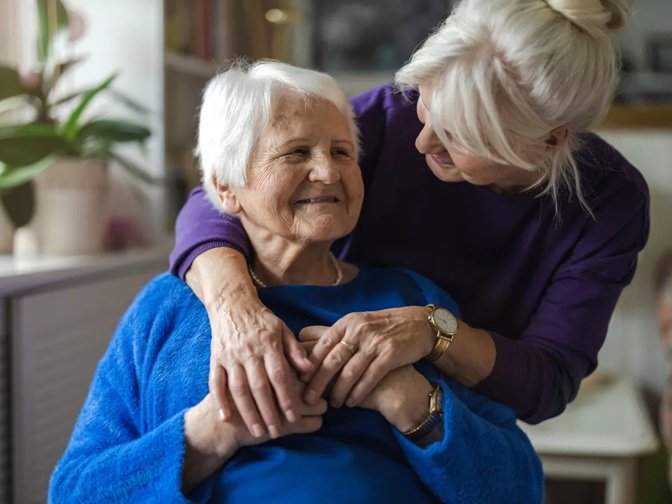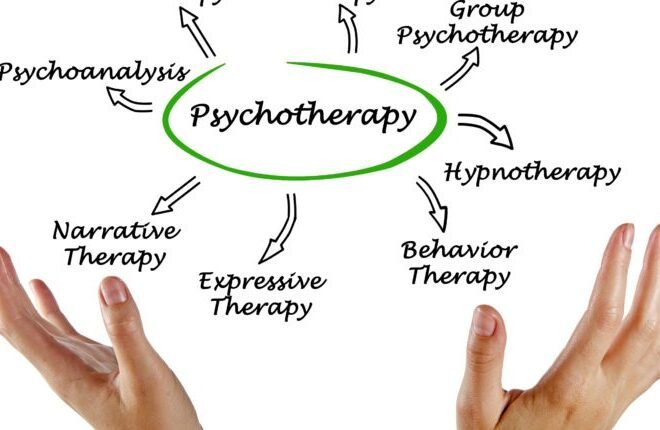
Signs Your Elderly Parent May Need Professional Memory Care Help
Did you know that the US memory care market is projected to hit around $11.54 billion by 2033? This shows the growing need for specialized care for seniors facing memory-related challenges.
Watching a parent age can be both rewarding and challenging. It brings moments filled with love and cherished memories. But it can also raise concerns about their health.
Cognitive health is one area that often causes worry. In this article, we will explore common signs that may indicate the need for professional memory care. Read on to provide better support and a higher quality of life.
Noticeable Memory Loss
The most obvious sign that your parent might need memory care is frequent memory loss. This can affect their ability to manage daily tasks. It may also cause frustration or confusion.
They might forget recent conversations or repeat themselves often. You may notice them asking the same questions several times. This can make communication more difficult.
Another sign is misplacing items frequently. They might put things in strange places, like a phone in the fridge. Forgetting the names of familiar people can also be a serious concern.
Behavioral Changes
Behavioral changes can be subtle but important. Your parent may seem more anxious or confused than usual. Sudden mood swings are also common.
They might show aggression without clear reasons. Some may withdraw from friends or family. Activities they once enjoyed may no longer interest them.
These changes often happen when they feel overwhelmed. It’s a sign that they may need more support. Memory care can help manage these behaviors with compassion.
Disorientation and Confusion
Disorientation and confusion can be signs of cognitive decline. Your parent may get lost in familiar places or forget what day it is. These moments can become more frequent over time.
This confusion can lead to unsafe situations. Wandering is a common and dangerous behavior in seniors with memory issues. It puts them at risk of injury or getting lost.
Professional memory care can help manage these risks. Trained staff provide constant supervision and support. This ensures your parent stays safe and cared for.
Withdrawal from Social Activities
When parents begin to isolate themselves, it can be a sign of deeper issues. They may stop joining family gatherings or seeing friends. This behavior is often linked to memory problems or emotional struggles.
Social withdrawal can stem from embarrassment or sadness. Losing independence may cause them to feel hopeless or alone. These feelings can lead to avoiding activities they once loved.
Encouraging engagement is important for emotional health. Dementia and senior memory support can offer the right environment for connection. With proper care, your parent can rebuild confidence and feel supported.
Embrace Change with Support
Caring for an elderly parent can feel overwhelming. It’s important to recognize the signs of memory decline early. Knowing when to seek help can make a big difference.
Professional memory care offers more than just memory support. It also provides emotional and social care. If you think your parent may need help, reach out to specialists in elderly services.
Don’t stop here, there’s so much more to learn about on our website. Dive into our other articles for more information.


